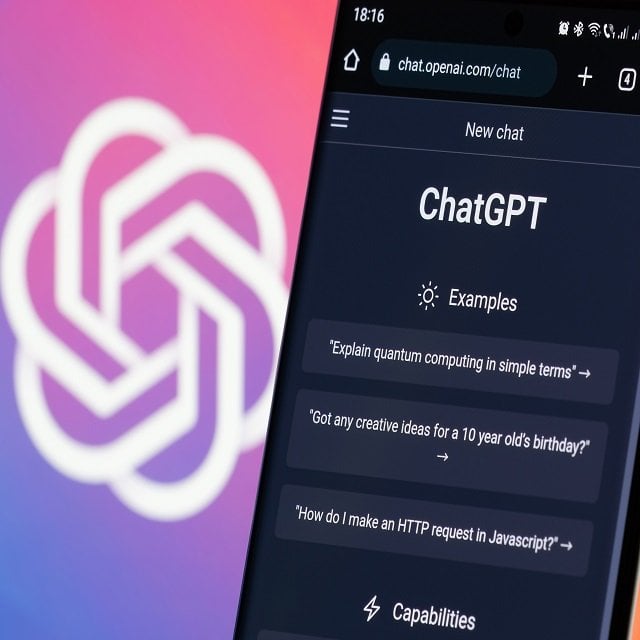Harnessing AI in Annuities

What You Need to Know
Clients and prospects already use AI systems to make their dinner.
You could use it to educate your clients.
Insurers could use it to develop new types of investment indexes.
Artificial Intelligence is today’s hottest of hot topics across all industries, and the annuities market is no exception.
AI technology and machine learning is transforming traditional processes for financial advisors, agents, and carriers leading to improved efficiency, accuracy, and customer experience.
A question remains, however, as to what exactly can and cannot be automated, and how much human intervention will be required, as AI is increasingly integrated across the lifecycle of a product.
Here’s how AI could affect three types of processes within the annuity sector.
1. The Buying Experience
Consumers themselves are already turning to AI for a wide variety of reasons, from asking ChatGPT to tell a joke to generating a recipe to help use the items you have in your refrigerator.
As consumers continue to use AI in their everyday lives, it begs the question of how the technology can be leveraged by financial professionals and advisors to educate folks about more complex subjects, like annuities.
Annuities are commonly seen as some of the most difficult to understand financial products for a new investor.
Annuity advisors have long targeted opportunities to educate underserved markets using unique marketing and educational material.
Products such as Ignitor by AInsurme have begun using AI to power their platforms, with the aim of helping advisors educate their clients to understand fixed annuities and make informed decisions about their investments.
This platform is just one example of ways that advisors can leverage AI to help illustrate for their clients how different types of annuity products produce different results over time.
Investing in upfront educational solutions will help to address challenges with buyers lacking confidence in their understanding of what an annuity is and how it will benefit them.
AI will not eliminate the role of the financial professional, but rather it can be a tool to empower financial professionals to have more open and data-driven conversations with their customers.
2. Claims Processing
Advisors should be aware of carriers’ efforts to shift some of their processes to be more AI-driven, which can be a selling point to customers who are looking for efficient experiences through the life of their product.
Traditionally claims processing within insurance has been a time-consuming, manual task.
Now, AI-powered claims-processing systems offer insurance carriers’ back office teams the chance to enhance efficiency and accuracy.
Insurers can use AI algorithms to analyze policyholder information, claim forms, supporting documentation and external data sources.
By automating routine processes, insurers can reduce manual effort, expedite claims processing and provide faster responses to policyholders and beneficiaries.
For example, insurers can use AI to determine claim payouts based on a range of factors, including policy limits, riders, specific conditions and historical data.




